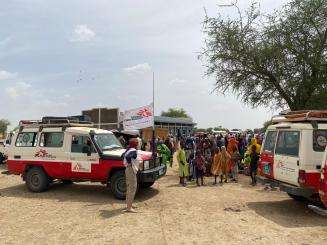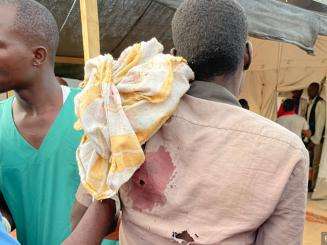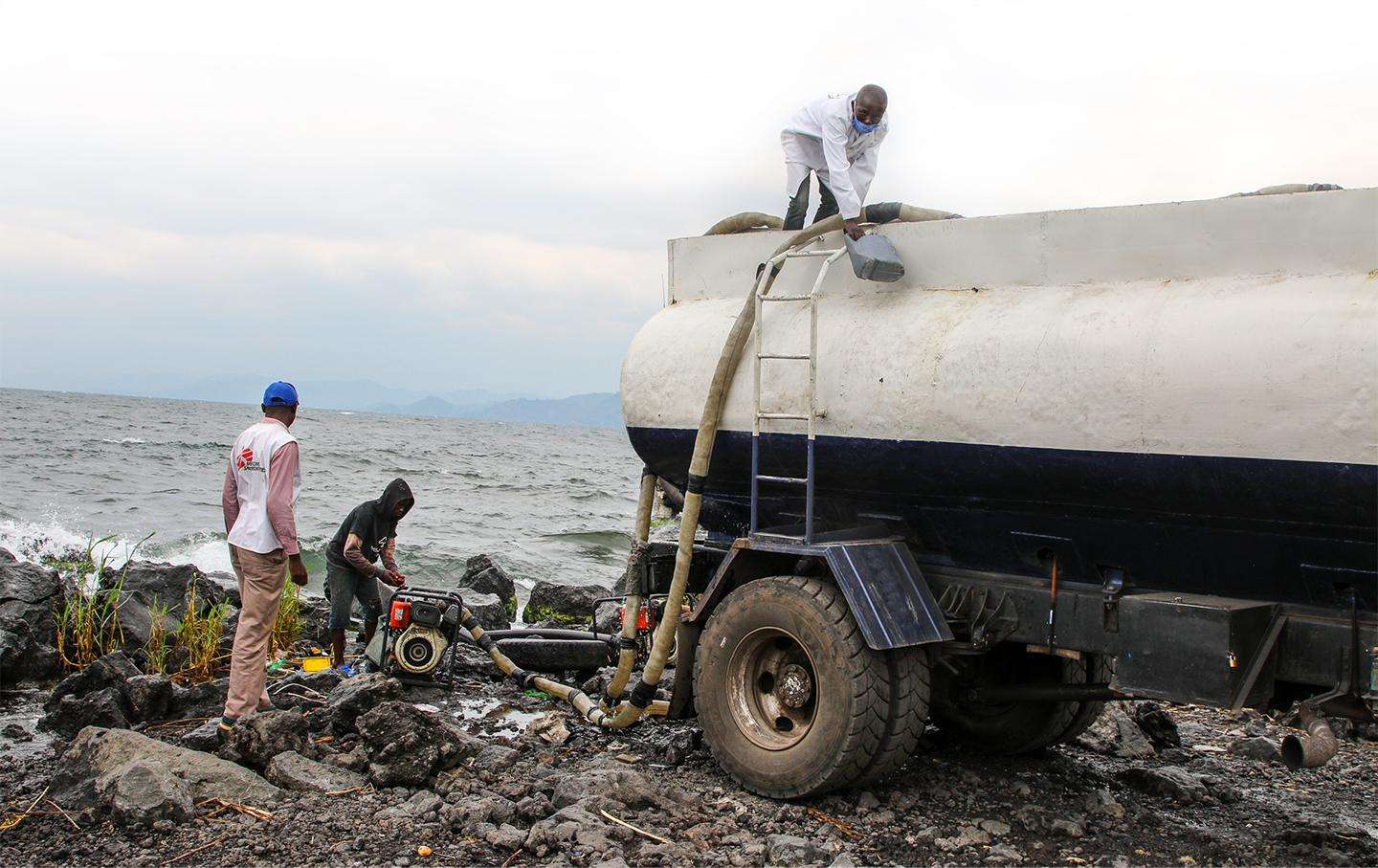Haiti: Closed ports and empty shelves amid unprecedented violence
News May 21, 2024
Get the latest news, stories, videos, and more from our medical humanitarian projects around the world.
Speaking out about the emergencies our staff and patients witness is part of who we are. Explore our history and principles.
Story | Jun 06, 2023
Moussa Ibrahim reports back after crossing the border into Adré, Chad to assess potential logistical support for West Darfur.
Read More
News | Jun 02, 2023
At a hospital in Adré, most of the injuries MSF teams are treating are gunshot wounds inflicted in clashes and attacks in Masterei, a Sudanese border town.
Read More

Your unrestricted gifts enable us to provide lifesaving medical humanitarian care on the ground and speak out about what we see.